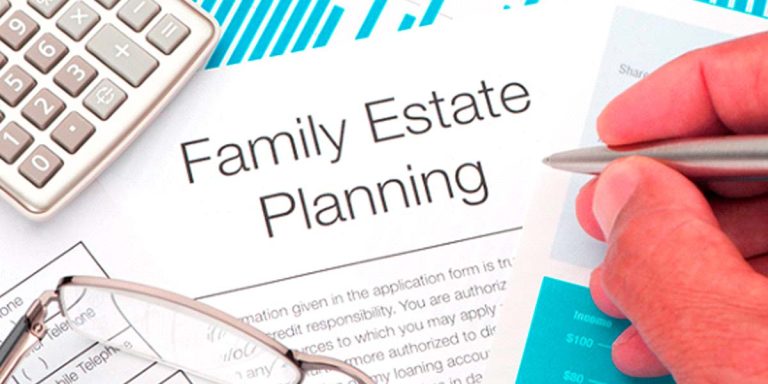
Estate Planning
Estate Planning Process & Step by Step Guide!
As we move ahead in our life we are working continuously to earn more n more so that we can provide ourselves and our family
Home » Estate Planning Guide

As we move ahead in our life we are working continuously to earn more n more so that we can provide ourselves and our family

As we move ahead in our life we are working continuously to earn more n more so that we can provide ourselves and our family